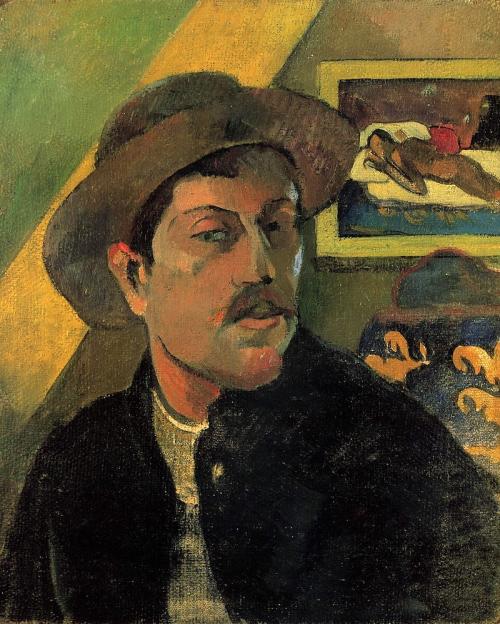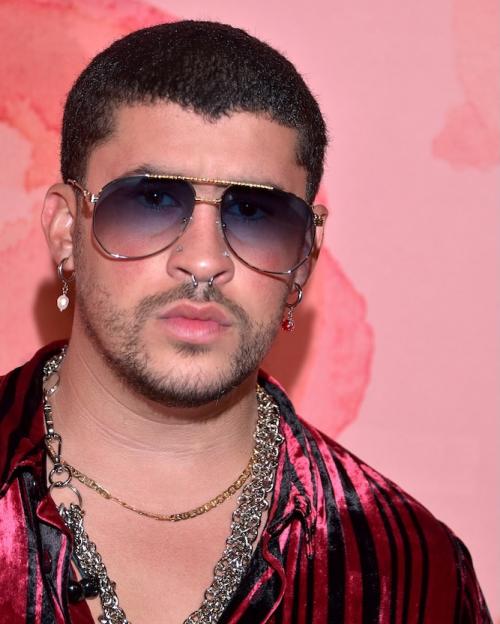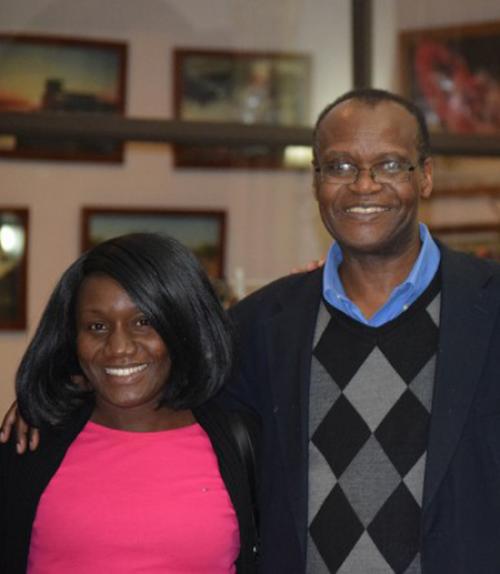Wealth and income disparities present problems everywhere, but they are especially acute in Africa, where 330 million people survive on less than $1.25 a day.
Inequality is not just a moral issue, said Muna Ndulo, professor of law and director of Cornell’s Institute for African Development (IAD), it’s a “global threat.”
“Poverty and rising income and wealth disparity breed despair and fuel conflict,” he said. “These challenges need to be addressed together if we are to have a more equitable world.”
But many African governments have ignored, tolerated or even encouraged inequality as they have sought to develop their economies – or simply to remain in power.
This challenge was the focus of the first-ever IAD summer symposium, “Inequality in Africa: Economic Vulnerability, Environmental Risks, and Inequitable Access to Justice,” held Aug. 3-5 in Livingstone, Zambia.
The two-day event brought together experts and stakeholders from universities, government agencies, nonprofit organizations and think tanks in eight countries. Their presentations looked at how governments in Africa deliberately deny poor people’s rights to resources and services and exclude them from equal participation in social, economic, political and cultural arenas.
In the opening address, Cornell government professor Nicolas van de Walle traced the specific nature of inequalities in Africa to the ways colonial powers privileged people living along trade routes and in places where taxes could be easily collected. These biases led to later difficulties in state-building.
Ndulo, who has consulted with several African governments and international agencies on legal and constitutional reform, explained that the crisis of national identity in many countries causes social exclusion. He argued that governments must institute laws and other measures to ensure that all groups are represented in all spheres of national life.
In a talk about governments’ challenges in financing programs and policies for inclusion, Gilbert Mudenda, director of Zambia’s Institute for Policy Studies, explored ideas for improving tax-revenue collection from mining and other industries. A presentation on a fast-track land reform program in Zimbabwe by Joeyline Kufandirori Chitofiri of South Africa’s University of the Free State described the lives of farm workers after the reform.
Tinenenji Banda (University of Zambia School of Law) and Marja Hinfelaar (Southern African Institute for Policy and Research) assessed information inequity, particularly unequal access to legal information in Southern Africa. Other presentations looked at inequalities in customary law and legal systems, judicial infrastructure, fiscal decentralization, trade reforms and retail pricing.
Although reducing poverty requires financial inclusion, Victor Murinde, AXA professor of global finance at SOAS University of London, said he thinks the current definition of inclusion is too narrow. He said financial inclusion needs to include access, use, cost and quality of available finance, as well as supporting factors like primary education and investment to strengthen participation in the economy.
The closing address by Steve Kayizzi-Mugerwa, adviser to the International Monetary Fund and former chief economist and vice president of the African Development Bank, underscored the importance of inclusive growth that broadens access to sustainable economic and social opportunities. The “developmental state” has an obligation, he asserted, to keep social and economic exclusion from taking root.
The symposium was jointly organized with the Southern African Institute for Policy and Research and co-sponsored by Cornell’s Mario Einaudi Center for International Studies and Center for the Study of Inequality.
Jackie Sayegh is program manager for Cornell’s Institute for African Development.
This story also appeared in the Cornell Chronicle.




